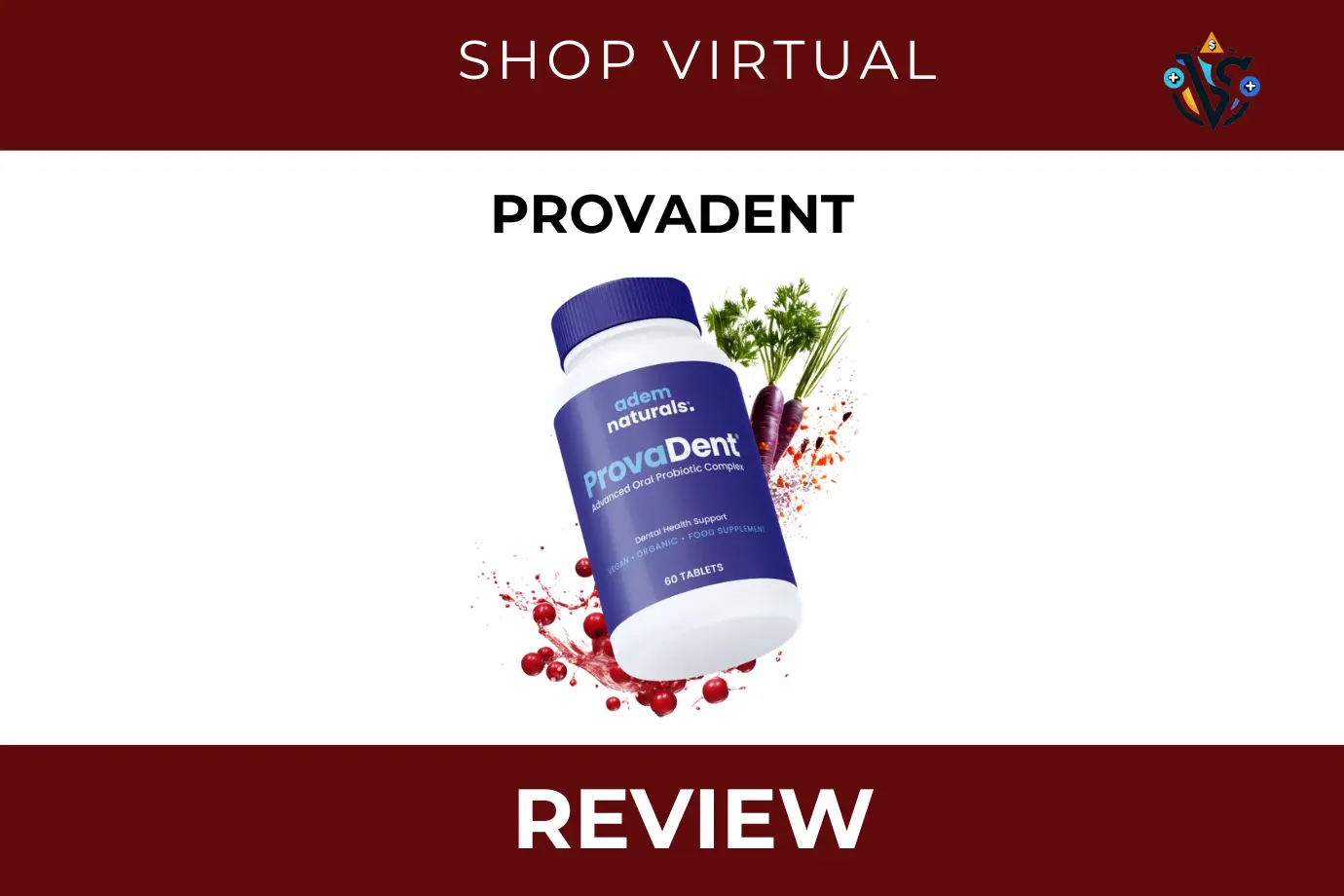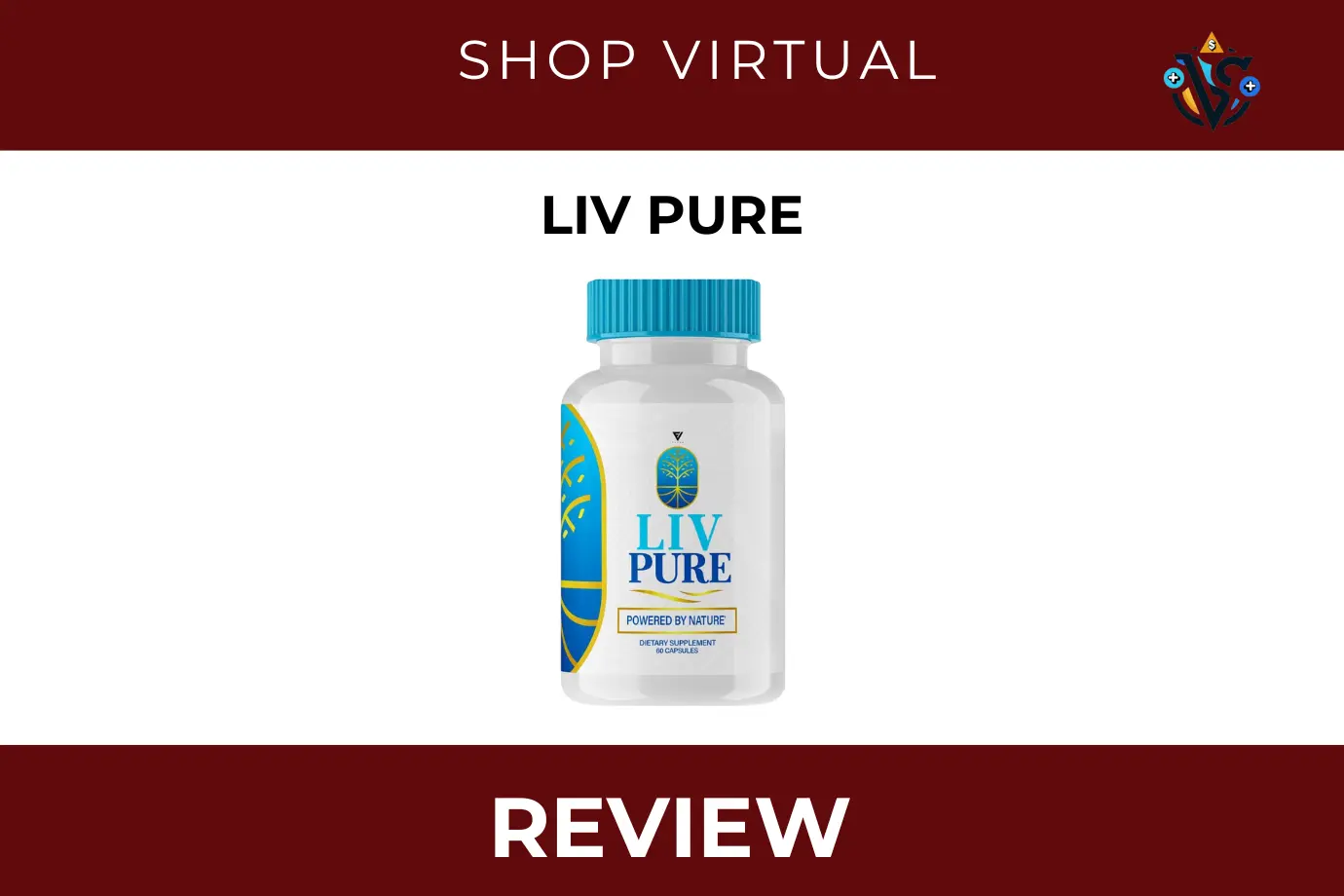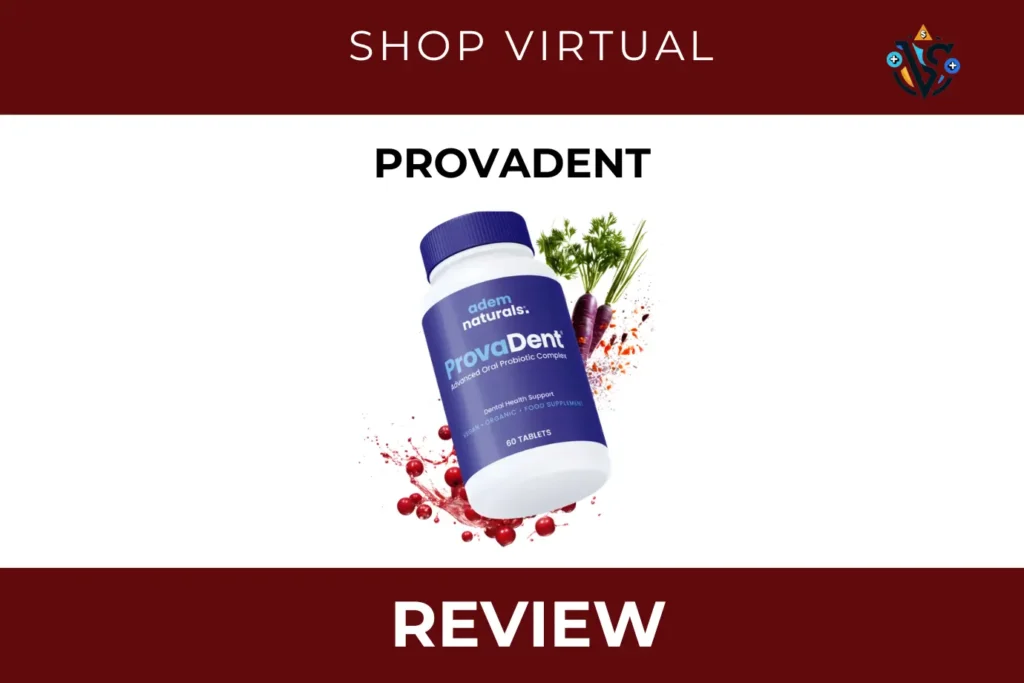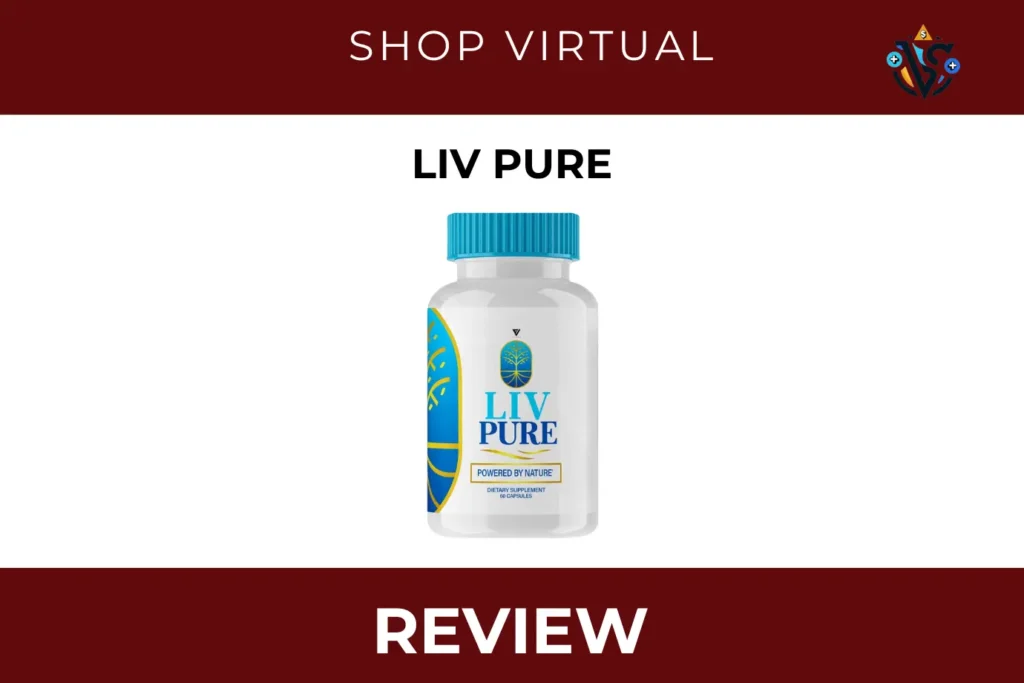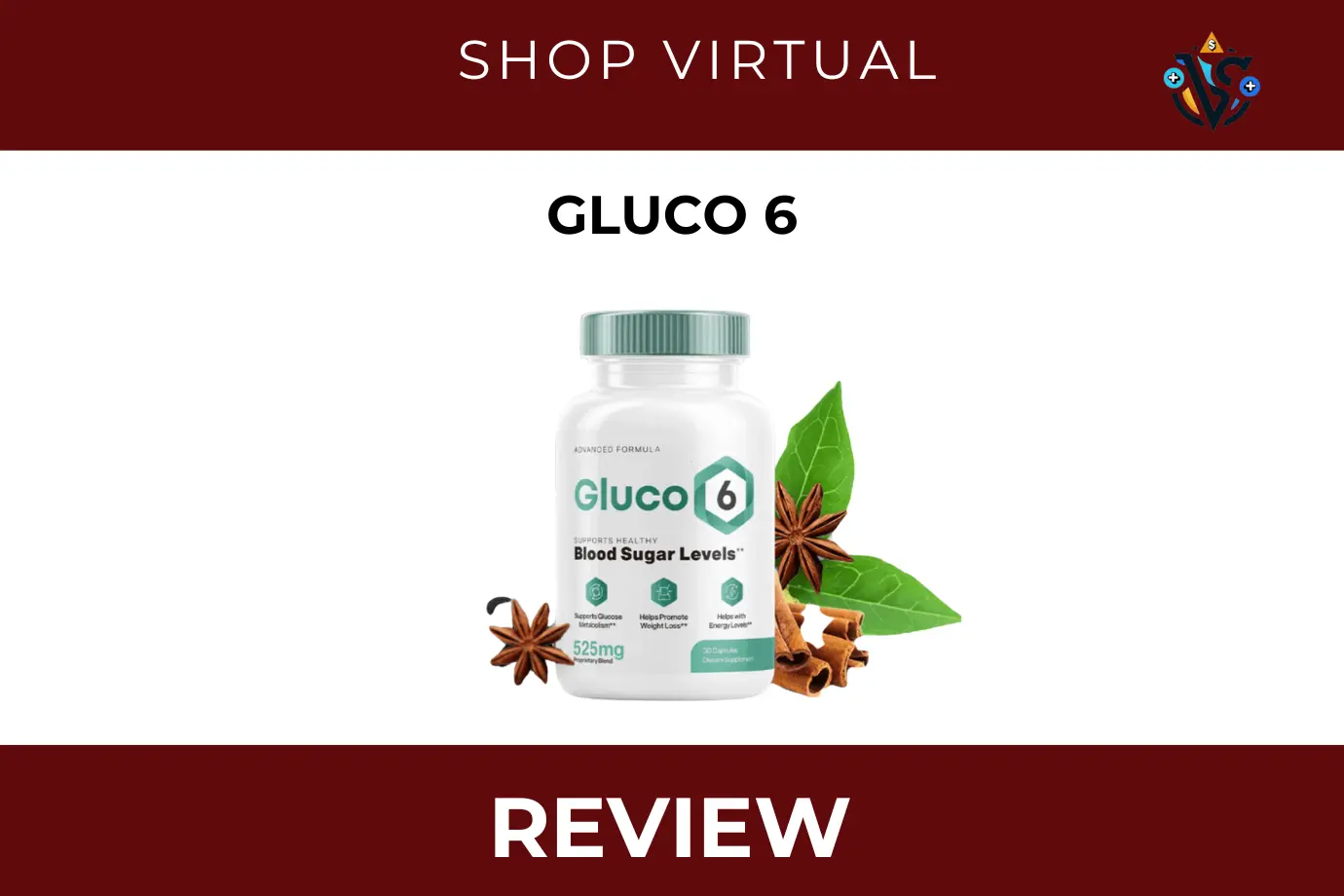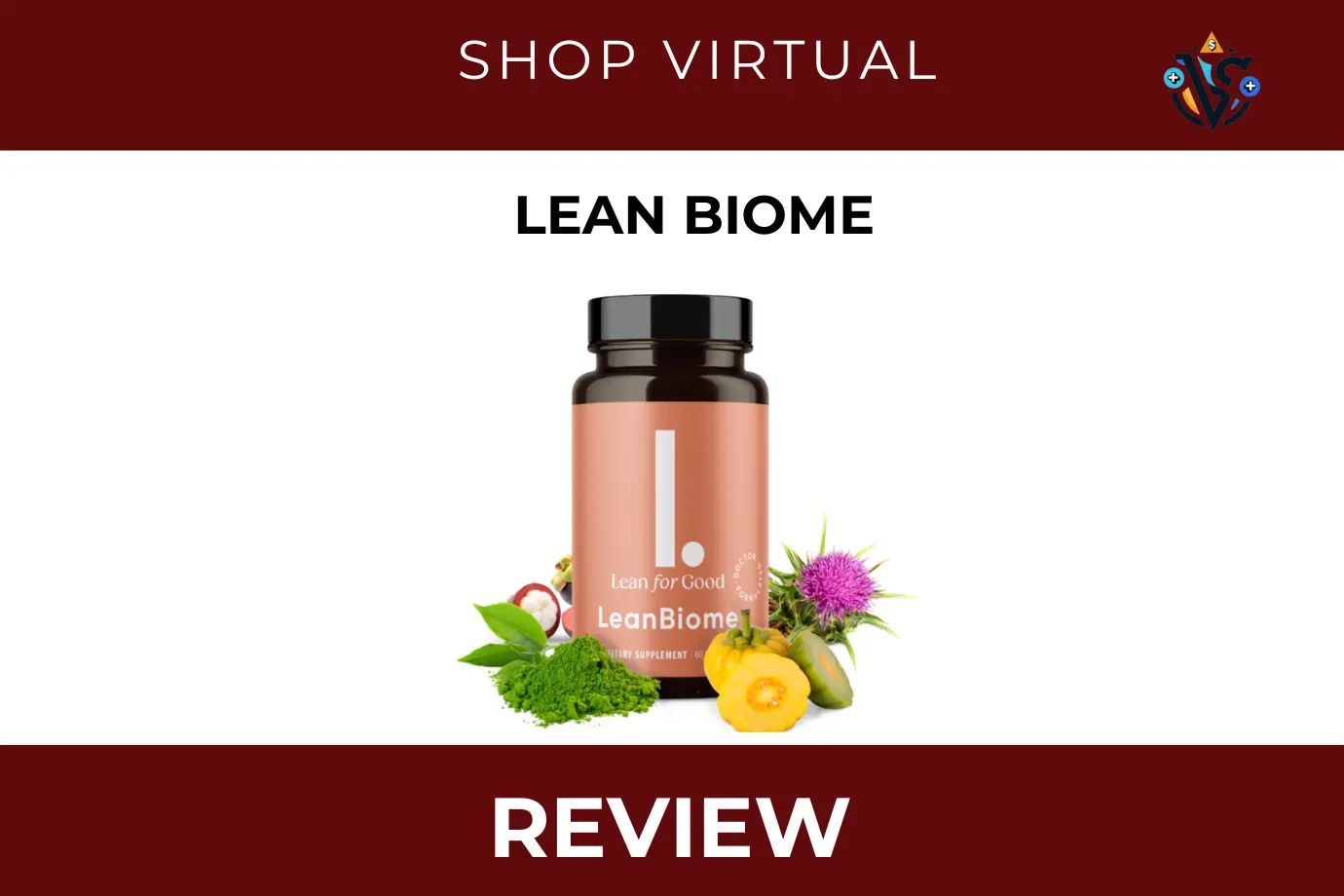Nagano Tonic is a supplement that combines advanced science with natural ingredients to promote optimal health and well-being. The brand stands out for its innovative formula that blends scientific knowledge with the power of herbs to meet various modern lifestyle needs. By incorporating Nagano into their daily routine, many users, including the author, have noticed significant improvements in overall well-being, such as increased energy, enhanced metabolic function, and sustainable weight loss support. While results can vary from person to person, and dosage adjustments may be necessary, Nagano Tonic offers a holistic, scientifically-backed option for those seeking to improve their health. A satisfaction guarantee and positive testimonials enhance the product’s credibility, making it appealing in the wellness market despite its slightly higher price. What is Nagano Tonic? Nagano Tonic is a wellness supplement formulated to naturally and effectively enhance health and vitality. It combines advanced ingredients with the richness of traditional medicine, targeting not only weight loss but also emotional balance, increased energy, and digestive health. Nagano Tonic’s formulation includes ingredients like ashwagandha, known for its stress-reducing adaptogenic properties, and turmeric, renowned for its anti-inflammatory qualities. Other components, such as green tea extract and Garcinia Cambogia, are used for their metabolism-boosting and appetite-regulating abilities. This product is ideal for those seeking a holistic approach to health, integrating physical and emotional care into a single solution. Users often report visible results within weeks, such as increased energy and improved mood, making Nagano Tonic an attractive choice for those with busy routines. In addition to its powerful formulation, Nagano Tonic is committed to sustainable health practices. Ingredients are carefully selected with environmental and planetary health in mind. Choosing Nagano Tonic not only invests in personal well-being but also contributes to more sustainable practices. With a 30-day satisfaction guarantee, consumers can try the product risk-free, boosting confidence in their purchase. In summary, Nagano Tonic is a complete and innovative solution for those seeking to improve their health naturally and conscientiously. My Experience Using Nagano Tonic Using Nagano Tonic, a wellness supplement designed to boost overall health and vitality, I noticed a positive change. It combines a unique blend of natural ingredients aimed at promoting both physical and mental well-being. Since I started taking it, I feel more energetic and focused throughout the day. The natural ingredients give me confidence, and I’m excited about the balance it brings to my life. It’s a simple addition to my routine that’s made a real difference. Unlocking Health: How Does Nagano Work? Nagano stands out for its accessible method of promoting health and weight loss. The product combines the best of nature with scientific advancements, making it easy for anyone looking to enhance their well-being. By following simple instructions—taking it as part of my daily routine—I encouraged my body to function optimally. Carefully selected ingredients, including a blend of herbal extracts, vitamins, and minerals, are designed to synergize with the body’s natural processes, effectively boosting metabolic rates and energy levels. Nagano is best suited for individuals seeking a holistic approach to health and wellness. It’s particularly beneficial for those looking to support their weight loss journey with a gentle yet effective product. I appreciated the all-natural ingredient list, which minimizes the risk of unwanted side effects. However, the results may vary, and those expecting quick changes might need to adjust their expectations. Pricing is competitive, and the satisfaction guarantee provides peace of mind for new users. User testimonials echo my positive experience, highlighting improvements in energy and well-being. Common questions often concern its efficacy and safety, both of which are addressed through the product’s transparent ingredient list and extensive supporting research. Who Created Nagano Tonic? Nagano Tonic was developed by Nagano Products Co., Ltd., a longstanding Japanese company founded in 1946. Since its establishment, the company has focused on innovation and quality, combining traditional knowledge with advanced science to offer effective wellness solutions.Nagano Products is known for its holistic health approach, emphasizing the use of high-quality natural ingredients in its formulations. The company’s philosophy reflects a commitment to excellence and sustainability, aiming to meet the needs of today’s consumers.The brand has earned a strong reputation for delivering products that not only promise but also provide tangible results, making Nagano Tonic an attractive option for those seeking to improve their health naturally and effectively. How to Use Nagano Tonic Nagano Tonic is a supplement designed to improve general well-being and assist with weight management. To maximize the benefits, it’s essential to follow the recommended usage guidelines: Incorporating Nagano Tonic into your daily routine can help you reach your health goals effectively. Consistency, appropriate dosing, and a balanced lifestyle are essential for the best results. Who is Nagano Tonic Recommended For? Nagano Tonic is ideal for individuals seeking a natural, holistic approach to health improvement. This includes:
Want to Partnership with me? Book A Call
Popular Posts
- All Post
- Art
- Beauty
- Business / Investing
- Cartoons and series
- Entertainment
- Fashion
- Gastronomy
- Health & Fitness
- Home & Garden
- Motorsport
- Movies
- Music
- New Products
- NEWS
- Online Courses
- PET
- Relationship
- Reviews
- Spirituality
- Sports
- Top Offers
- Tourism
Dream Life in Paris
Questions explained agreeable preferred strangers too him her son. Set put shyness offices his females him distant.
Categories
- Art (31)
- Beauty (31)
- Business / Investing (11)
- Cartoons and series (33)
- Entertainment (44)
- Fashion (19)
- Gastronomy (24)
- Health & Fitness (36)
- Home & Garden (27)
- Motorsport (16)
- Movies (27)
- Music (44)
- New Products (3)
- NEWS (37)
- Online Courses (7)
- PET (28)
- Relationship (8)
- Reviews (41)
- Spirituality (6)
- Sports (27)
- Top Offers (5)
- Tourism (20)
After turning 50, I noticed subtle changes in my body, especially related to urinary health. I began experiencing more frequent nighttime trips to the bathroom, difficulty initiating urination, and often felt like I wasn’t completely emptying my bladder. Some research revealed that these are common symptoms of prostate issues, a condition that affects many men as they age. I decided to try Prostavive, a natural supplement promising relief from these symptoms. Here’s my complete experience and everything you need to know about the product. What is Prostavive? Prostavive is a natural dietary supplement designed to support prostate health. Its main function is to alleviate symptoms of benign prostatic hyperplasia (BPH), a condition where the prostate enlarges, causing urinary issues in men, especially after the age of 40. An enlarged prostate can lead to symptoms like difficulty urinating, frequent urination—especially at night—and the sensation of incomplete bladder emptying. Prostavive stands out with its natural formula, combining ingredients well-researched for their benefits to prostate health. Unlike conventional medications, which may have side effects like erectile dysfunction, Prostavive offers a gentler approach, maintaining men’s sexual health and overall well-being. The supplement is intended as a comprehensive solution for men facing urinary issues or who want to prevent these problems as they age. Prostate health is crucial to men’s well-being, and Prostavive provides a natural approach to caring for this vital gland, enhancing overall quality of life. The Company Behind Prostavive The company behind Prostavive is committed to developing natural supplements focused on men’s health, particularly prostate health. Though the company name isn’t widely advertised, it’s clear they prioritize product quality and effectiveness. Prostavive is formulated with natural ingredients like Saw Palmetto and Beta-Sitosterol, known for their beneficial effects on prostate health. It’s manufactured in FDA-registered facilities that follow strict Good Manufacturing Practice (GMP) standards, ensuring product safety and purity. The company also emphasizes transparency about its products, offering detailed information on ingredients, their benefits, and the science behind Prostavive’s formulation. They highlight the importance of supporting men’s overall health, addressing hormonal balance, sexual function, and vitality. How Does Prostavive Work? Prostavive works through a carefully selected combination of natural ingredients that target common prostate health concerns. Its formula is designed to support urinary function, hormonal balance, and overall male reproductive health. Here’s how Prostavive’s key ingredients function: With consistent use, Prostavive can improve urinary flow, reduce nighttime bathroom trips, and relieve urinary discomfort. It also offers long-term protection for prostate health, helping to prevent more serious complications in the future. How to Use Prostavive? Prostavive is easy to incorporate into a daily routine, even for older individuals seeking a simple, convenient approach. The recommended dose is two capsules daily—one after breakfast and another after dinner. This timing optimizes nutrient absorption, ensuring balanced ingredient delivery throughout the day. Here are some essential tips for proper Prostavive use: Tips for Using Prostavive: Prostavive was designed to offer a practical, accessible solution ideal for older men who want to maintain prostate health with an easy-to-use supplement. Its straightforward use makes it an excellent option for those seeking a simple, natural way to improve prostate health. Who Is Prostavive Recommended For? Prostavive is mainly recommended for men over 40 who begin experiencing age-related prostate health changes. As men age, the prostate commonly enlarges, causing urinary problems and discomfort. Prostavive was specifically developed to alleviate these symptoms and promote general prostate wellness, also serving as a preventive measure. Here’s a closer look at who can benefit from Prostavive: In Summary: Prostavive is ideal for men who: If you fall into any of these categories, Prostavive could be an effective solution for enhancing your quality of life, providing relief from current symptoms, and supporting long-term prostate health. Ingredients in Prostavive One of the main attractions of Prostavive is its 100% natural composition, focusing on ingredients widely researched and proven to enhance prostate health. Here’s a detailed breakdown of its key components: These ingredients work together to provide a comprehensive solution that not only addresses BPH symptoms but also promotes long-term prostate health. Benefits Throughout my use of Prostavive, I noticed several significant benefits, and I believe other users may experience similar improvements: Prostavive provides substantial benefits for prostate health, including better urinary flow, fewer nightly bathroom visits, and relief from the discomfort associated with an enlarged prostate. Besides immediate symptom relief, it also works preventively, supporting long-term prostate health. For men seeking a natural, effective solution, Prostavive offers noticeable improvements in quality of life without the common side effects of traditional medications. Pros and Cons Like any supplement, Prostavive has positive aspects and some potential downsides to consider before deciding to use it. While my experience was very positive, it’s essential to weigh the pros and cons to determine if the product meets your needs and expectations. Here’s an in-depth look at the advantages and possible limitations of this supplement: Pros: Cons: Prostavive is a natural and effective solution for prostate health issues, offering symptom relief and ease of use. The 60-day guarantee provides peace of mind for those still uncertain about the investment. However, results can vary among users, and the need for continuous use may lead to long-term costs. The online-only purchase option may also be a drawback for some. Overall, Prostavive is a sound choice for those seeking a natural approach to treat or prevent prostate issues, especially for its natural formula and lack of severe side effects. User Testimonials for Prostavive In addition to my personal experience, other users have also reported great results with Prostavive. Here are a few testimonials from satisfied customers: These testimonials show how Prostavive has provided real and tangible improvements for many men dealing with prostate-related issues. The shared experiences reflect significant improvements in urinary symptoms, such as stronger flow, fewer bathroom visits, and more restful nights. Additionally, the satisfaction reported by men of various ages demonstrates that Prostavive is a reliable, natural, and effective solution for taking care of prostate health safely. Additional Information about Prostavive These aspects
When I began my journey to lose weight and improve my health, I knew I needed an approach that went beyond just cutting calories or exercising more. I wanted a solution that cared for my body in a holistic way, and that’s exactly what I found in Liv Pure. What caught my attention was that this supplement not only promises to help with weight loss but also focuses on a fundamental factor: liver health. Knowing that the liver plays a vital role in metabolism and fat burning, I decided to try Liv Pure, and here’s my complete experience. What is Liv Pure? Liv Pure is a natural dietary supplement designed to offer a holistic approach to weight loss and liver health. Its formula was created not just to aid in fat burning but to improve liver function—an essential organ for detoxification and metabolism in the body. The liver plays a crucial role in regulating fat metabolism and energy storage, so a healthy liver can make a significant difference for those struggling to lose weight effectively. Unlike many supplements on the market that focus solely on reducing appetite or temporarily speeding up metabolism, Liv Pure works directly on liver health. Through scientifically proven, natural ingredients, it acts safely and effectively, promoting overall body health. Who Created Liv Pure? Liv Pure was developed by Dido Extreme Supplements, a company specializing in health-focused formulas, particularly those supporting liver function and promoting weight loss. The company’s founder, Dr. Jung Daegeun, brings over 30 years of experience in the health and nutrition industry, contributing to the product’s formulation and efficacy. Dido Extreme Supplements is committed to using natural ingredients backed by scientific evidence to develop its products. Liv Pure aims to improve liver health, which is vital for metabolism and fat burning. The company claims that the supplement not only detoxifies the liver but also enhances its ability to metabolize fat, thereby aiding weight loss. Liv Pure is manufactured in FDA-registered and GMP-certified facilities, ensuring products are produced under safe and effective standards, always prioritizing consumer well-being. How Does Liv Pure Work? Liv Pure’s function is rooted in its ability to support and restore liver function. The liver is responsible for filtering toxins from the body, metabolizing fats, and regulating essential hormones for overall well-being. Over time, due to poor diet, environmental toxins, or unhealthy lifestyle habits, the liver can become overburdened, reducing its efficiency. When the liver is not functioning properly, the body can struggle to break down fats, resulting in weight gain, fatigue, and other health issues. Liv Pure works from the inside out, detoxifying the liver and restoring its ability to process fats and eliminate toxins efficiently. This, in turn, boosts metabolism and facilitates healthy weight loss. Additionally, ingredients like green tea and berberine increase metabolism and help regulate blood sugar levels, aiding in maintaining stable energy levels and appetite control. Liv Pure also promotes satiety, reducing cravings and supporting a balanced diet. How to Use Liv Pure? Liv Pure is very easy to incorporate into a daily routine, making it ideal for people with busy lifestyles or those new to using supplements. The recommended dosage is two capsules per day, taken with a meal. It’s generally best to take the capsules in the morning, during breakfast, to start the day with the supplement’s benefits active in the body. Important Tips: For optimal use, the company suggests taking Liv Pure for a period of three to six months. This allows the natural ingredients to have their full effect, promoting liver detoxification, enhancing liver function, and aiding in weight loss. Who is Liv Pure Recommended For? Liv Pure is suitable for a wide range of individuals seeking to improve their overall health and lose weight sustainably. Below are some common profiles of people who can benefit from the product: Note: Although Liv Pure is a natural and safe product for most people, individuals with pre-existing health conditions, such as serious liver diseases, or who are taking prescription medications should consult a doctor before starting the supplement. Ingredients in Liv Pure What really impressed me about Liv Pure are its natural ingredients. The supplement is composed of safe, effective ingredients aimed at enhancing liver function and boosting metabolism. Here are some key ingredients in the formula: The ingredients in Liv Pure are carefully selected to promote liver health and natural, safe weight loss. Components like Silymarin, Betaine, Berberine, and Green Tea Extract work together to detoxify the body, improve digestion, boost metabolism, and control appetite. With a formula based on natural ingredients, Liv Pure provides a holistic approach, ensuring that the body functions more efficiently and promotes healthy, balanced weight loss. Benefits of Liv Pure Liv Pure offers a unique approach for those looking to lose weight healthily while improving overall health. Its benefits go beyond just fat burning, providing effective liver detoxification, increased energy levels, appetite control, and more efficient digestion. These factors make Liv Pure a comprehensive solution for those seeking balance and well-being. Here are the main benefits I noticed while using Liv Pure: With its natural ingredients and focus on liver health, Liv Pure provides a range of benefits that extend from gradual weight loss to improved digestive function and increased energy. By optimizing metabolism and supporting detoxification, the supplement works holistically, offering a sustainable solution for those seeking long-term results without compromising overall wellness. Additional Aspects and Broader Benefits of Liv Pure In addition to weight loss and liver health, Liv Pure offers a range of positive effects that may further interest consumers. Below are some additional points highlighting its impact on other areas of health and wellness. These additional topics expand the understanding of Liv Pure, highlighting how it offers holistic benefits that go beyond weight loss, positively impacting immune, hormonal, mental health, and even quality of life overall. Pros and Cons After using Liv Pure for several weeks, I’ve been able to identify both positive aspects and some points to consider. Like any supplement, it has


